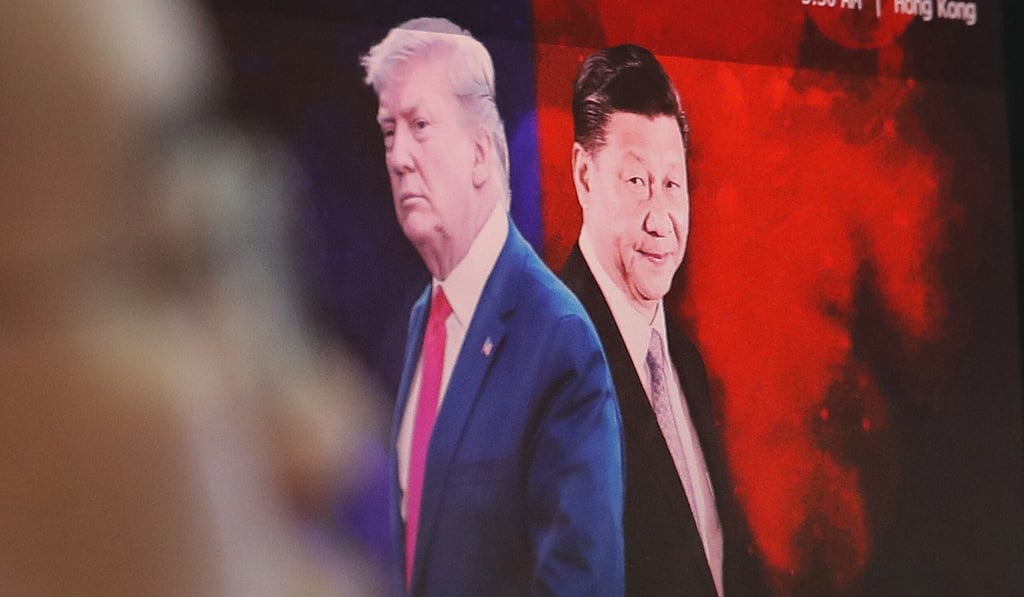Dominance of state-owned firms in China must be ‘seriously confronted’, former US trade negotiator says
- Barbara Weisel faces off at forum with ex-interpreter for late Chinese leader Deng Xiaoping over access to the country’s markets and alleged technology theft
- Former translator Victor Gao says Beijing will never succumb to US pressure as surrender would herald the collapse of the Chinese government

A former US trade negotiator on Thursday said the dominance of state-owned enterprises in China must be “seriously confronted” to create a level playing field for US firms, as she clashed with an ex-interpreter for late Chinese leader Deng Xiaoping over the country’s openness to global trade.
Barbara Weisel said a partial trade deal expected to be signed between Washington and Beijing in the coming weeks would not address the fundamental issue in their continuing tariff dispute – that China limits access for foreign companies to its state-dominated economy.
She told a forum in Singapore organised by London-based think tank Asia House that underlying the trade war were various “structural issues” in the Chinese market that needed to be dealt with.
Weisel, who was assistant US trade representative for Southeast Asia and the Pacific from 2004 to 2017, described the deal as “emptier than half full”.
But Victor Gao, previously a translator for Deng and now vice-president of the Beijing-based Centre for China and Globalisation, called US President Donald Trump’s tariff strategy a “wrong war”, and said Beijing would be able to withstand any “collateral damage”.
